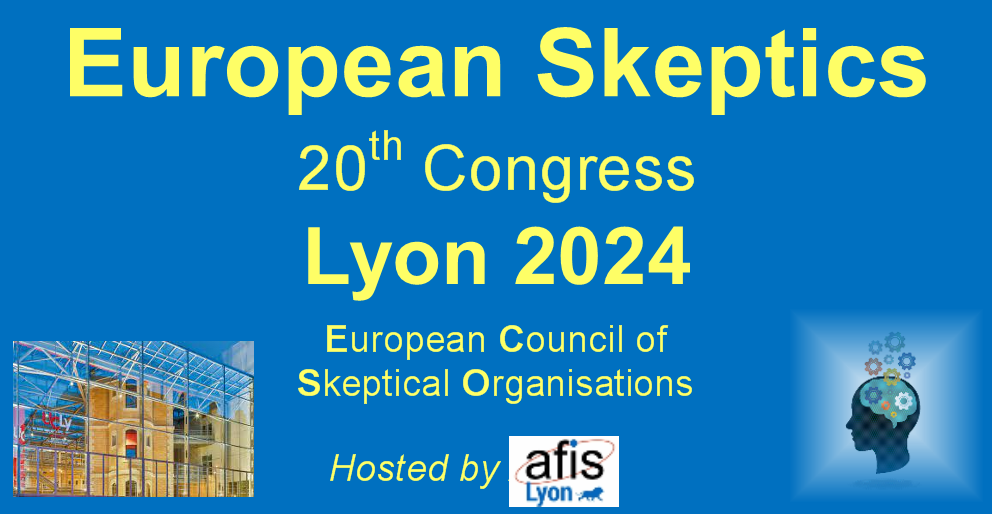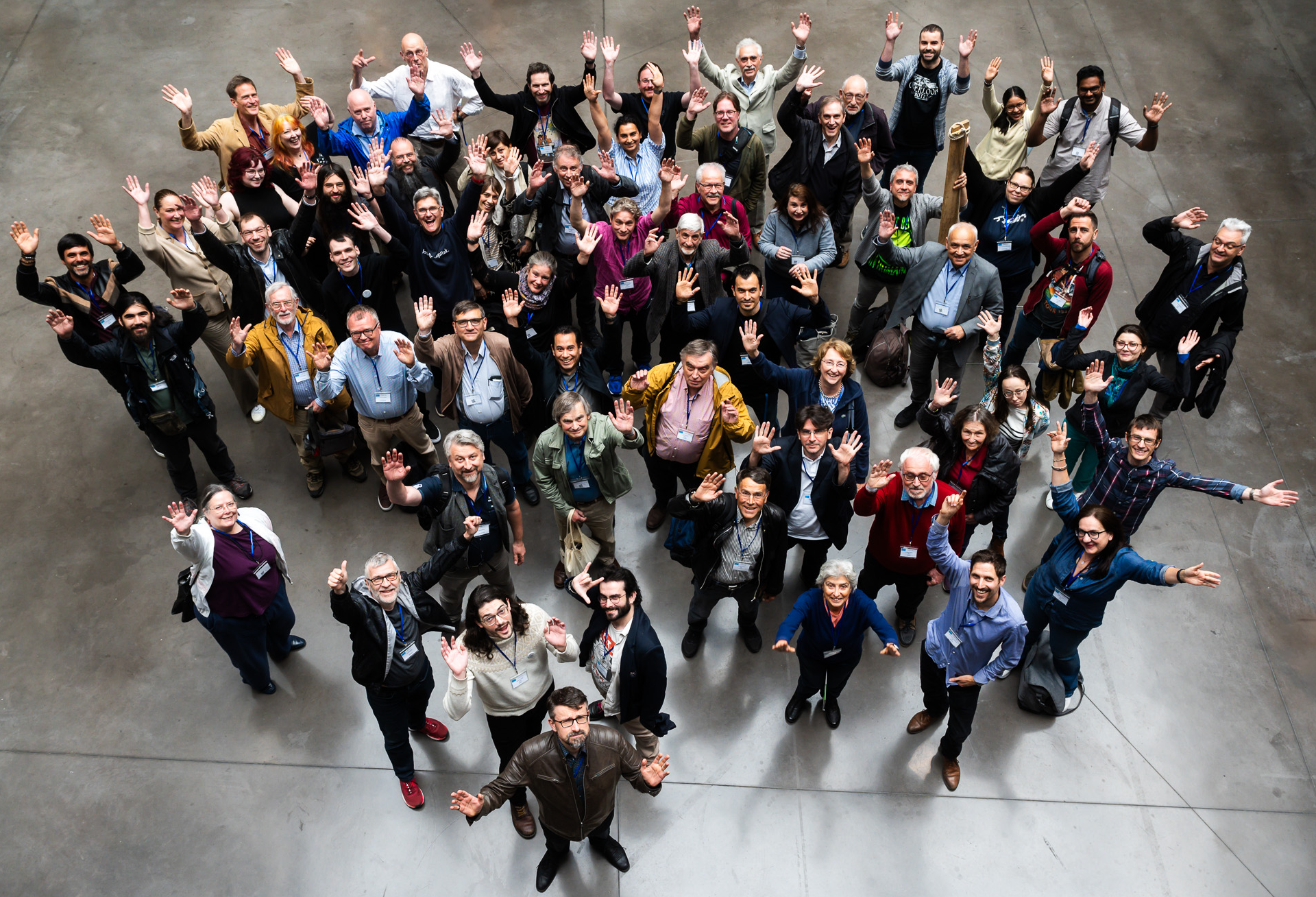The agenda of the first edition of CICAP-FEST is finally online, and registrations are now open.
The event will take place in Cesena from September 29 to October 01, 2017.
CICAP-FEST is a new national and international event for the promotion of the understanding of science. The event, along with some of the most prominent players in research, public understanding of science, and entertainment, focuses on current issues such as fake-news, pseudosciences, hoaxes and scientific disinformation, while at the same it puts on stage some authentic wonders, research, science and art, to generate genuine amazement.
Three days of events dedicated to adults, students and children will make Cesena the “capital” city of critical thinking and curiosity for a full weekend.
75 speakers will be on stage, including Piero Angela, Silvio Garattini, Antonella Viola, Enrico Mentana, Giacomo Rizzolatti, Marco Malvaldi and many others, as well as artists such as Silvan, Banda Osiris and Raul Cremona. Over 100 events that will include meetings, debates, performances, shows, reading, workshops, exhibitions, surprises and wonders of all kinds.
The CICAP-FEST, which for this first edition has the title “The Value of Facts in the Age of Post-Truth”, is a show dedicated to all curious people and all those who love science and are fascinated by the unusual and wondrous. A new way to stimulate curiosity through science, art, music and performances.
 News headlines from Europe about skeptical activism, mythbusting, science related policy decisions, consumer protection, frauds, health scams, alternative medicine, bad scientific practices, pseudoscience etc.
News headlines from Europe about skeptical activism, mythbusting, science related policy decisions, consumer protection, frauds, health scams, alternative medicine, bad scientific practices, pseudoscience etc.

